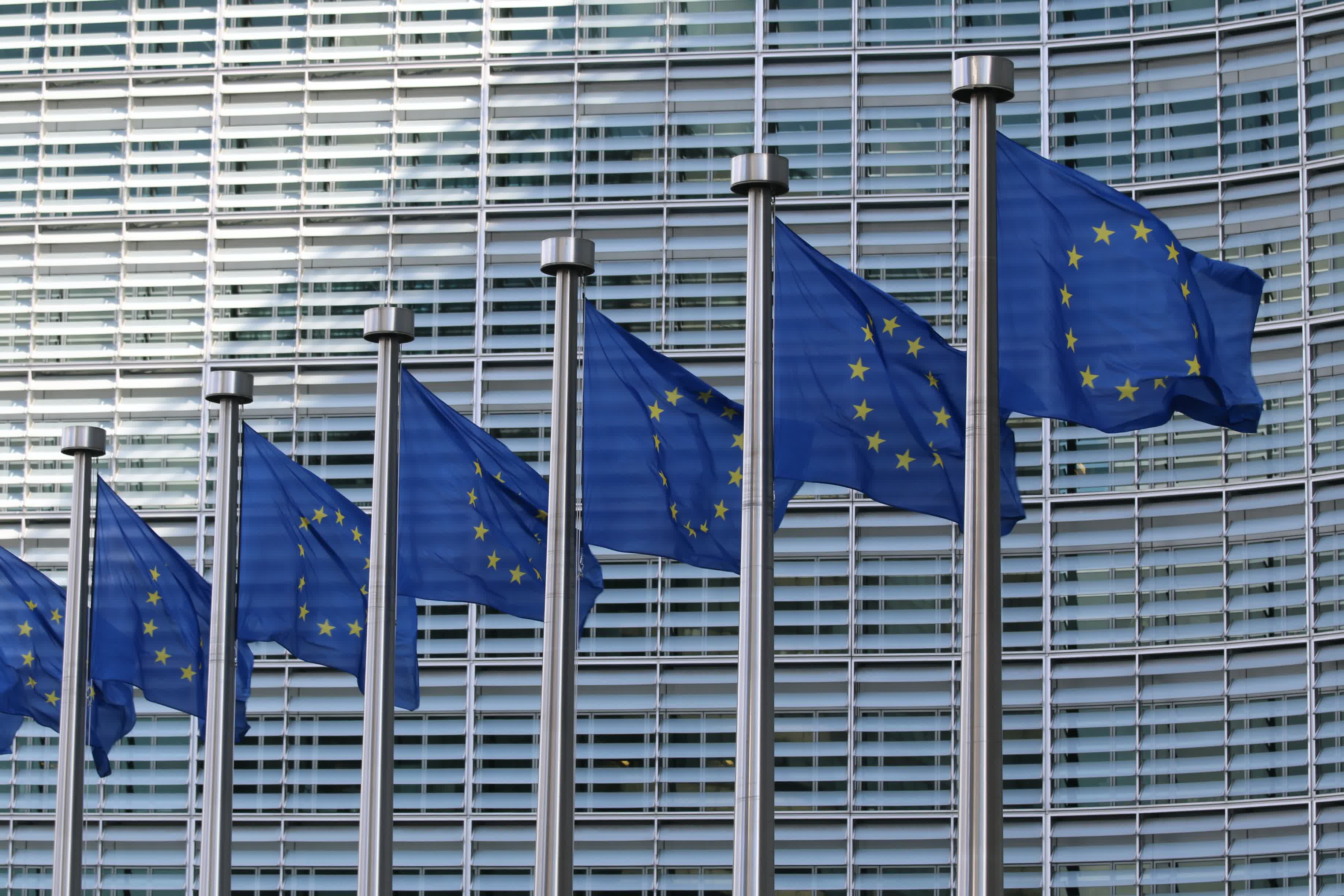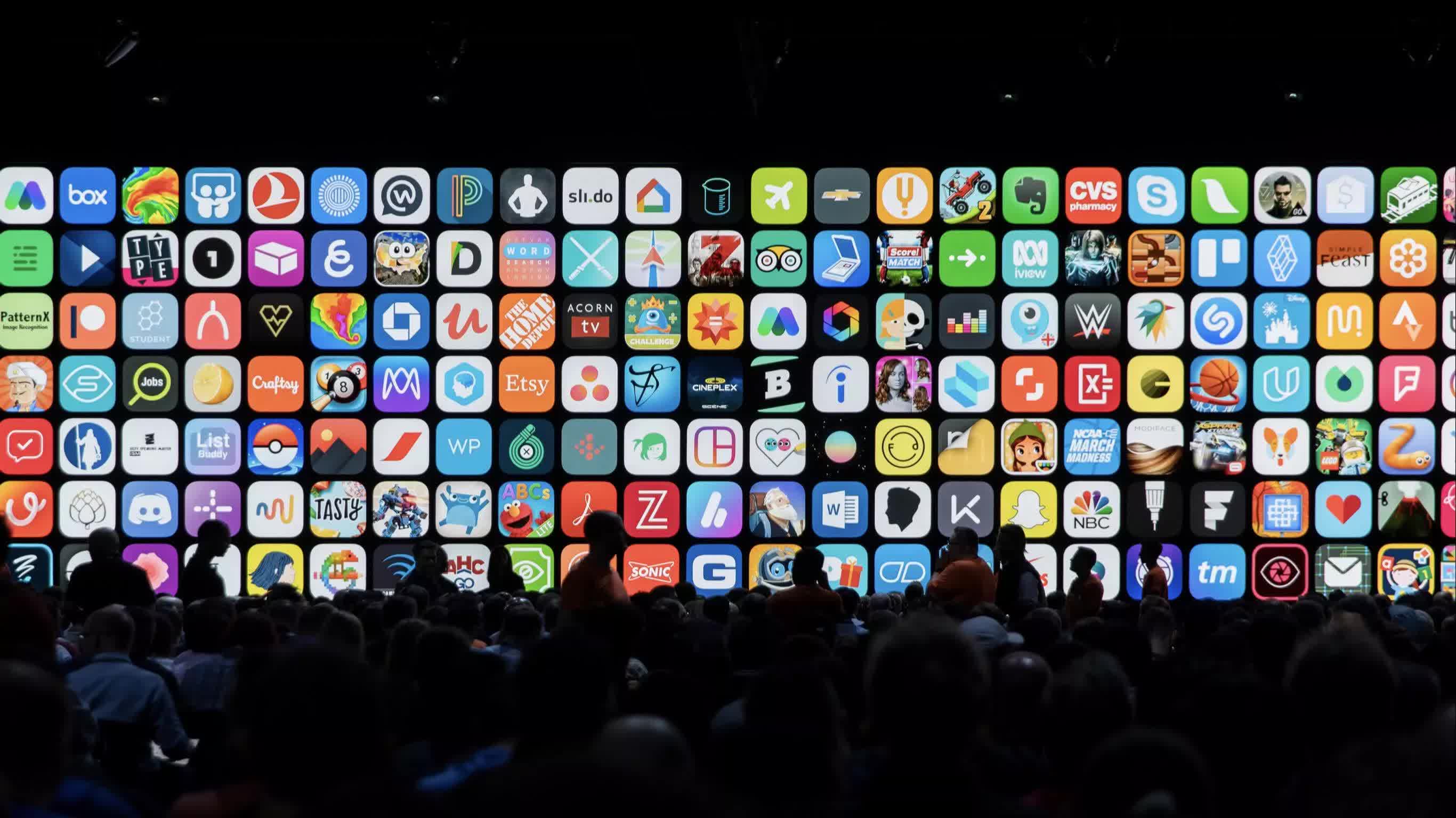What just happened? Since late 2020, the European Union has been developing legislation that could significantly affect how big digital platform holders like Apple and Google operate. That legislation is on the path to becoming law later this year, possibly altering the relationship between platforms and third-party developers.

The European Commission adopted the Digital Markets Act (DMA) and the Digital Services Act (DSA) this week, two packages designed to control the power of tech giants in favor of consumers. After the Council of the EU signs and adopts the acts, they'll go into effect this fall.
Between the two, the DMA is probably the more important for platform holders like Google and Apple. It will require "gatekeepers" like them to let EU users install apps from outside official app stores, easily uninstall pre-installed software, or easily unsubscribe from core services. The law also includes other protections for third-party developers and consumers regarding data, advertising, and payment systems.

Apple and Google have fought against demands to allow third-party payment systems on iOS and Android, respectively, and Apple strongly argues against sideloading. Epic Games CEO Tim Sweeney responded positively to this week's announcement. Epic has fought both giants in court over the right to deliver apps and operate payment systems outside platform holders' official channels.
Additionally, DSA will try to raise safety measures to protect internet users from predatory advertisers, trackers, and other services. It will also let users more easily flag illegal content online and file complaints against platforms.
Last month, the EU also agreed upon legislation that will eventually force Apple to ship its phones with USB-C compatibility.
https://www.techspot.com/news/95211-eu-adopts-digital-markets-act-possibly-forcing-apple.html